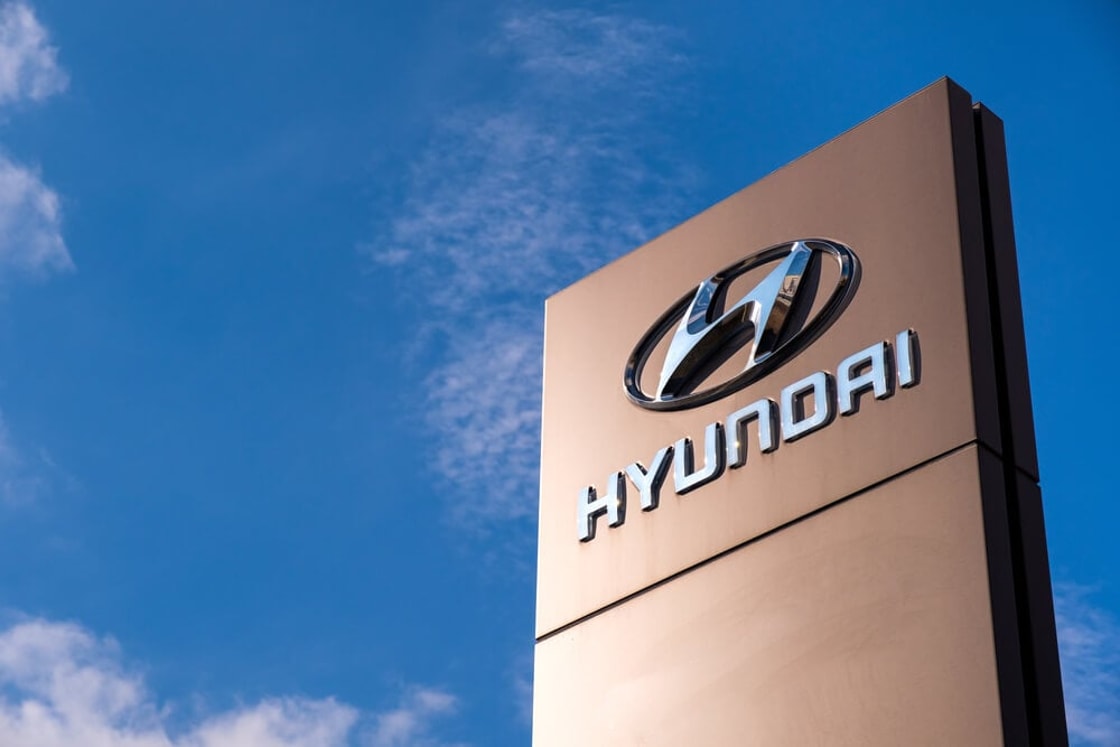
The automotive major plans to manufacture PEM electrolyser systems and related components and “position them as a global export business,” not just for domestic supply.
Specifically, Hyundai noted that it will capitalise on the “readily available supply of renewable energy” in the southwest region, in addition to nearby hydrogen shipment centres and refuelling stations.
The 1GW plant commitment builds on Hyundai’s ongoing hydrogen manufacturing expansion.
Last month, the firm broke ground on its hydrogen fuel cell and electrolyser facility in Ulsan, which is set to begin production in 2027. The KRW 930bn ($651m) facility is expected to produce 30,000 fuel cells per year.
Overall, Hyundai will invest KRW 36.1 trillion ($24.9bn) more than it did over the last five years under its new investment strategy.
The larger commitment is designed to keep Hyundai competitive as the global mobility sector changes, while also boosting South Korea’s position in certain markets.
The company announced the KRW 125.2 trillion ($90bn) investment plan for 2026-2030 this month. The strategy also covers hydrogen fuel cell production and component manufacturing, AI and robotics, autonomous driving, new battery technologies, and EV production plants.
Hyundai will invest KRW 50.5 trillion ($34.8bn) in future business investment, KRW 38.5 trillion ($26.5bn) in R&D investments, and KRW 36.2 trillion ($24.9bn) in capital investments.
The voice of gases and energy
Tune into the conversations shaping gases and energy. The 1895 Podcast from gasworld Global Insights (GWGI) brings you weekly analysis, insights, and interviews in a laid-back, conversational style.
Each episode explores:
• The biggest industry news and talking points
• Regional, technological, and application trends
• The role of gases in today’s energy transition
Listen and subscribe on Apple, Spotify, Amazon Music – or wherever you get your podcasts.

